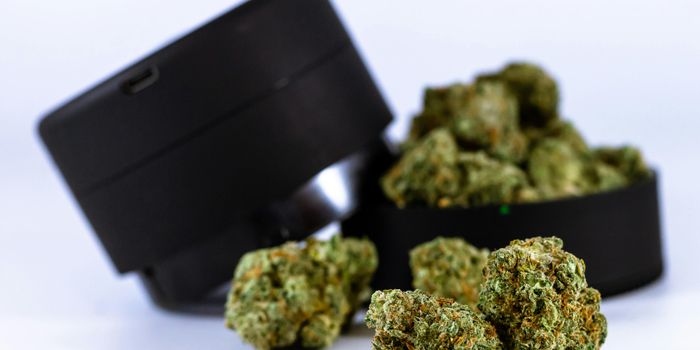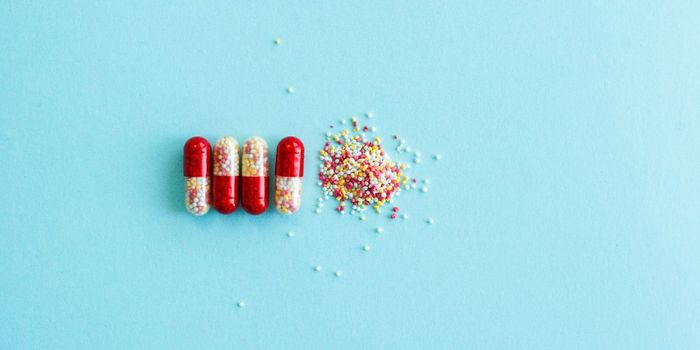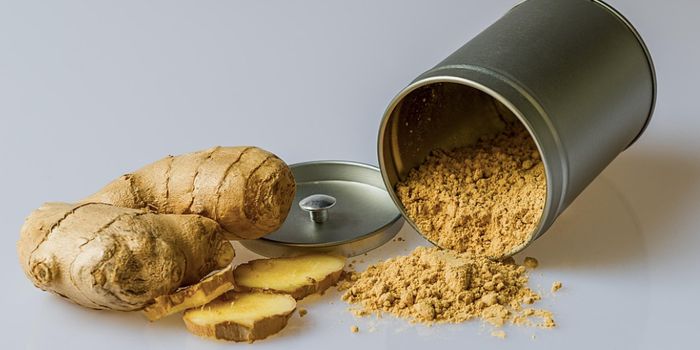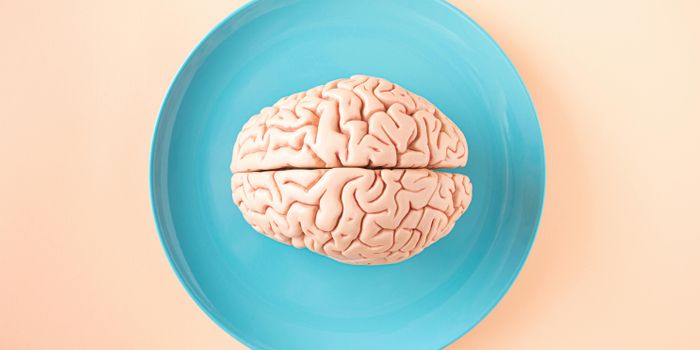Repurposed Antibiotic Shows Promise Against COVID-19 in Mice
An antibiotic known as clofoctol has shown promise in treating SARS-CoV-2 in mice. The corresponding study was published in PLOS Pathogens by researchers from the University of Lille in France.
Although COVID-19 vaccines may reduce hospitalizations and deaths from COVID-19, methods to reduce viral transmission that are affordable and effective are lacking. Already, researchers have tried to repurpose existing drugs for COVID-19, including remdesivir, hydroxychloroquine, and ribavirin. However, their efficacy has often been limited and, at times, controversial.
Nevertheless, as repurposing existing drugs to treat COVID-19 shortens regulatory development steps, researchers have not given up the search for possibilities. In the current study, researchers analyzed the Apteeus drug library, a collection of 1,942 approved drugs, to identify molecules that could inhibit SARS-CoV-2 viral activity. Of the compounds examined, 21 exhibited substantial antiviral activity.
Of these compounds, they decided to further investigate an antibacterial drug known as clofoctol, currently used to treat bacterial respiratory tract infections, due to its favorable safety profile and pharmacokinetic properties.
They thus tested the drug on mouse models of COVID-19. In doing so, they noted that clofoctol decreased viral load, reduced inflammatory gene expression, and lowered pulmonary pathology.
"The antiviral and anti-inflammatory properties of clofoctol, associated with its safety profile and unique pharmacokinetics, make a strong case for proposing clofoctol as an affordable therapeutic candidate for the treatment of COVID-19 patients. Finally, the relatively low cost of this drug suggests that it is a potential clinical option for treatment of COVID-19 patients in resource-poor settings,” wrote the researchers.
They say, however, that future studies are needed to see whether these results translate over to humans too. They also note that the mice were euthanized two days after treatment, meaning that further animal studies may also be needed to observe any long-term effects.
Sources: PLOS Pathogens, Frontiers in Immunology, Science Daily









